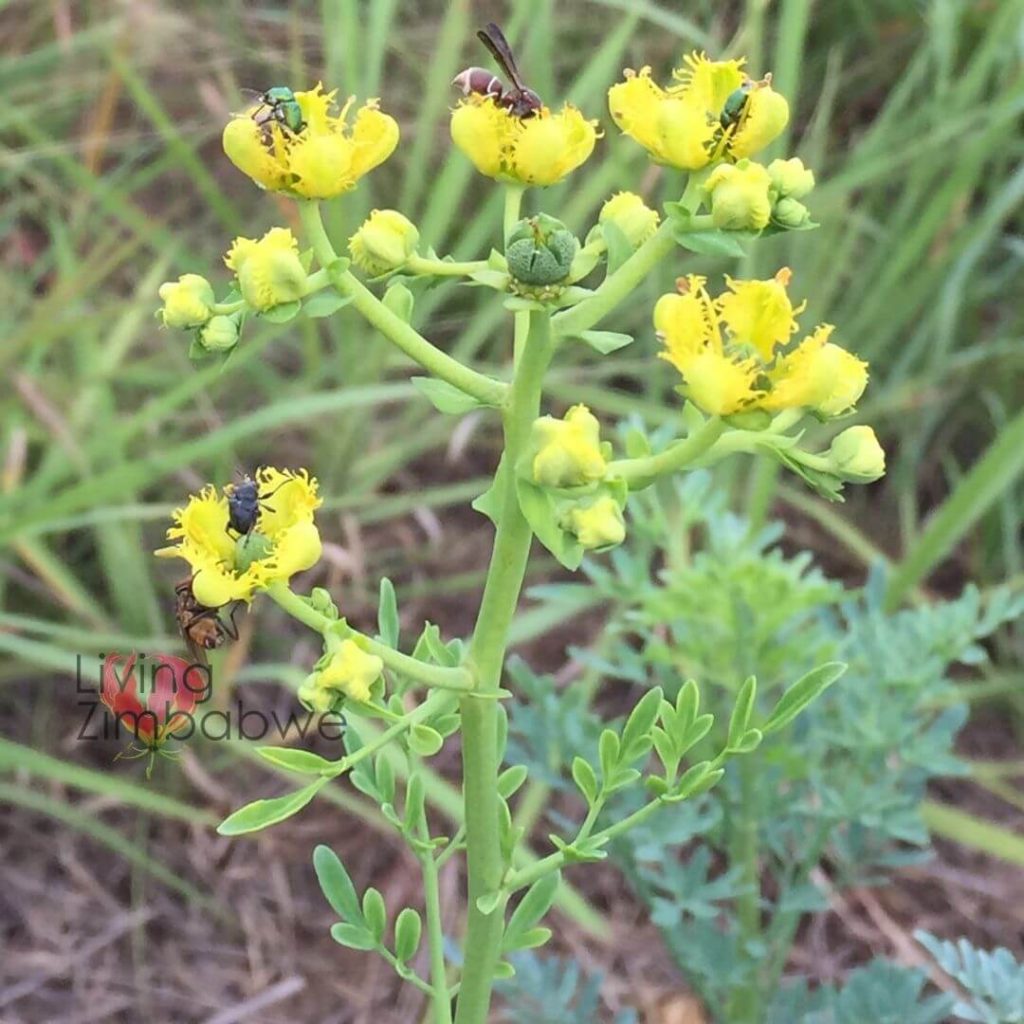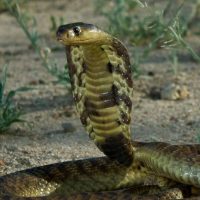Winter has pretty much come and gone and we are well and truly into the heat of things as far as the temperature is concerned. For cold-blooded animals such as snakes and lizards, this brings about the time to come out in full force and do what they do best. It is said that animals such as snakes go into hibernation (brumation to be more correct) in winter but do they really? The video below of a snake crossing a road was taken during winter:
“The last thing that you want to do at the end of the day is get into bed and find a snake in your sheets”
Those were the words uttered by a grandmother living on Harare’s city fringe. The area in which she lives has traditionally had a healthy snake population. On occasion, a snake would be seen around and sometimes in the house. On one occasion, her three-year-old grandchild spotted a snake that had made its way into the house. Thankfully, the child was instinctive enough to get out of the room as quickly as possible and raise the alarm without the child being harmed.
In another incident, an acquaintance of hers told the story of an encounter her ‘garden boy’ had with a snake. In a small dim room lit by candlelight, as he was preparing for bed, something possessed him to look under his bed. To his surprise, he found a snake under his bed. A lot of commotion ensued with a lot of shouting and items being thrown at the snake which had now displayed its hood. All of this eventually led to the snake (which they identified as a cobra) being killed. As you can imagine this left him and others living on the property a little shaken at the thought of having been in such close proximity of a deadly snake for who knows how long?
Incidents like these coupled with a seeming rise in the snake population the area prompted this grandmother to search for and put in place measures to try and keep snakes away.
Reducing the snake population in the yard
As a start, she decided to completely clean up her yard. This meant cleaning out those ‘things’ that find themselves piling up here and there. It also meant clearing up often neglected parts of the yard where grass and other vegetation are left to grow wild. By doing this, it took away places where snakes could hide.
Another step was getting rid of the chicken run which was you can imagine is a snake magnet. Chicken runs offer the prospect of an easy meal with the poultry, eggs and as well as rodents that are also looking for an easy meal.
Other steps that one could take to reduce the number of snakes in the yard include:
- keeping the rodent population under control
- keeping the frog population under control (especially so if you have a water body that they live in)
- putting shade cloth on the perimeter fence (1m high and dug 30cm into the ground)
- invite a snake handler to your property to identify possible areas that may attract snakes or where they may hide
Repelling snakes with Garden Rue

One recommendation from a friend and another third step that she took was to plant garden rue around the yard.
Rue is a plant that many believe repels snakes. There are many people selling this and other plants and touting them as effective snake repellents.
But, science tells us otherwise. These kinds of plants and other commercially available chemical repellents have strong smells that irritate human noses. A snakes nose and how they smell the world is very different from that of humans. This makes such repellents effectively useless.
However, as far as this grandmother goes, after taking the steps above, she saw a marked reduction in the number of snakes spotted around her yard. As she took so many measures to control the snake population, there is no real way of pinpointing what the most effective method was or what worked or didn’t work. It may have all been a matter of chance? Whatever the case may be, she is sleeping a little easier.
How do you deal with snakes that make their way onto your property? Leave a comment below.
Here is some information that may come in handy if you ever encounter a snake
What to do when bitten by a snake
The first thing to do is to try and not get bitten. It is said that a big percentage of snake bites occur when people are trying to kill snakes. If you don’t have the necessary skills to handle a snake, leave it alone and get a hold of someone who does.
If you or someone else is bitten by a snake, take the following steps:
- get them to a hospital/trauma centre as soon as possible
- keep them calm and as still as can be
- take a photo of the snake (if possible) to aid in treating the snakebite
- do not cut the bite area and try to suck out the venom
- do not apply a tourniquet
Who to call for help when you spot a snake in Harare, Bulawayo & Victoria Falls
Whenever you come across a snake in an inhabited area and there is no safe and easy way for it getting away on its own, get help! There are a few snake handlers around the country who can be called upon.
Zimbabwe Snake Handlers is good first port of call for all things ‘snake’ in Zimbabwe https://www.facebook.com/zimsnakers/. You can get in touch with them to find a snake handler in your area.
The Lion Park & Snake World has a few snake removal contacts listed on their Facebook page and they include:
Harare
Ben Grainger 07771758682
Chawatama Marimo 0772269647 https://www.facebook.com/chawaman/
Daniel Van Tonder 0775707118
Ben Vermeulen – Reptile Rescue 0772275550 https://www.facebook.com/Bens.reptile.rescue/
Steven Shearer 0776825983
Bulawayo
Ahmed Esat 0775714014
Christopher Burton 0772162815
Norman Crooks 0778730145
Ross Johnston 0778547331
Christopher Burton 0772162815
Norman Crooks 0778730145
Ross Johnston 0778547331
Victoria Falls
Abraham Singano 0782894732
Devine Matemba 0774020853
Paul Teasdale 0772368010
Stuart Danks 0772302747
Some interesting facts about snakes
- Zimbabwe has 81 different types of snakes
- 13 species are potentially deadly
- Ophidiophobia is the fear of snakes. Ophis, Greek for serpent
- The black mamba is considered the most dangerous snake due to its size and very potent venom
- Puff adders are responsible for most snakebite deaths
Featured image source: Snouted Cobra by Steven Gilham– Under Creative Commons license


No comments yet.